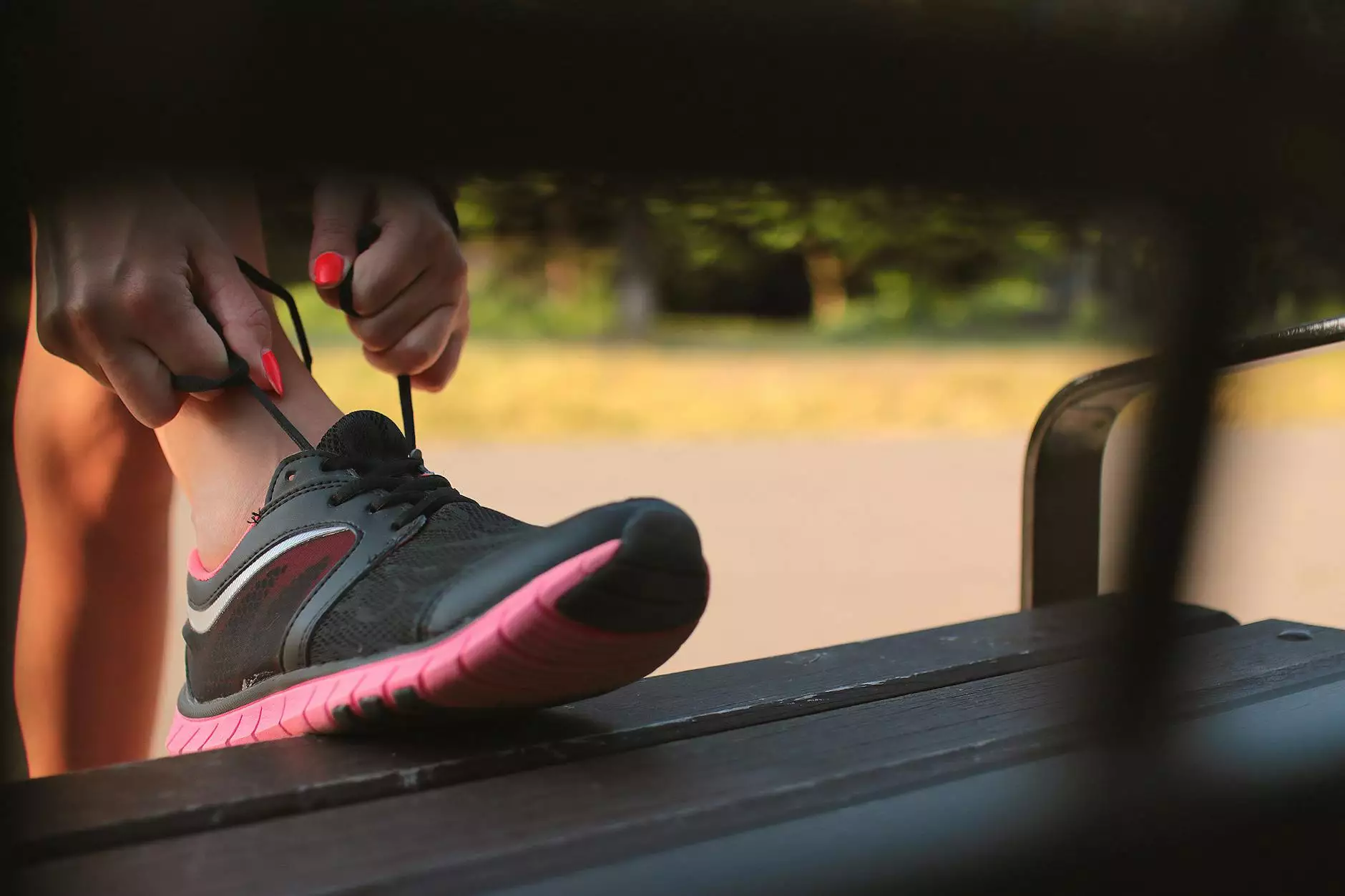Understanding Ingrown Toenails: Prevention Through Footwear

Ingrown toenails can be a painful and debilitating condition that affects many individuals. It occurs when the edge of a toenail grows into the surrounding skin, leading to inflammation, pain, and even infection. One of the most effective preventative measures is wearing the right shoes. In this article, we will explore how shoes to prevent ingrown toenails can make a significant difference in your foot health.
What Causes Ingrown Toenails?
Before delving into the solutions, it’s essential to understand the causes of ingrown toenails. Common causes include:
- Improper nail trimming: Cutting nails too short or rounding the edges can cause the nail to grow into the skin.
- Tight footwear: Shoes that squeeze the toes can pressure the toenails and exacerbate their growth into the skin.
- Genetics: Some people have naturally curved toenails that increase the risk of ingrowth.
- Injury: Trauma to the toe can alter the growth pattern of the nail, leading to ingrowth.
- Poor foot hygiene: Neglecting foot care can contribute to nail problems.
Why Footwear Choices Matter
The right footwear is crucial for preventing ingrown toenails. Footwear not only protects your feet but also affects how your nails grow. Here's why shoes to prevent ingrown toenails are vital:
- Support and Comfort: Good shoes provide ample support to your arches and heels, reducing pressure on your toes.
- Space for Toes: Shoes that allow enough space for your toes to move freely prevent the risk of the nail edges digging into the skin.
- Breathability: Proper ventilation helps to keep feet dry and reduces the risk of infections that can accompany ingrown toenails.
- Durability: Well-constructed shoes withstand wear and tear, maintaining their shape and support over time.
Key Features to Look for in Shoes
When selecting shoes to help prevent ingrown toenails, consider these essential features:
1. Proper Fit
Ensure your shoes fit well. There should be about half an inch of space between your longest toe and the end of the shoe. This space prevents your toenails from hitting the front of the shoe.
2. Adequate Width
Look for shoes with adequate width to allow your toes to breathe. Shoes that are too narrow can force your toes together, increasing the likelihood of ingrowth.
3. Rounded Toe Box
Choose footwear with a rounded toe box rather than a pointed one. This design prevents undue pressure on your toenails.
4. Breathable Materials
Materials like mesh, leather, or other breathable fabrics allow air circulation and help prevent moisture buildup, which can lead to infections
5. Arch Support and Cushioning
Good arch support can help distribute weight evenly across the foot, which reduces pressure on the toes. Additionally, ample cushioning can soften the impact with each step, further protecting the toenails.
Types of Shoes Suitable for Preventing Ingrown Toenails
Not all shoes are created equal when it comes to foot health. Below, we break down some suitable options:
1. Athletic Shoes
Athletic shoes are designed to provide support and cushioning, making them an excellent choice for daily wear. Look for running or walking shoes that have a spacious toe area.
2. Sandals
Open-toed sandals with adjustable straps provide excellent ventilation and allow the toes more freedom, minimizing the risk of ingrown nails. Choose styles with arch support to keep your feet comfortable.
3. Work Shoes
If you’re in a profession that requires specific footwear, opt for safety shoes that have a wide toe box. Brands focused on ergonomics often cater to foot health.
4. Orthopedic Shoes
These shoes are specifically designed to offer foot support. They are particularly beneficial for those who have existing foot issues and can significantly help prevent further complications like ingrown toenails.
5. Custom-Made Shoes
In some cases, custom-made shoes can be the best choice. A podiatrist can assess your foot's structure and recommend tailored shoes, ensuring minimized risk of ingrown toenails.
Foot Care Tips Beyond Footwear
While choosing the right shoes is essential, there are additional foot care practices that can help prevent ingrown toenails:
- Regular Nail Trimming: Cut your toenails straight across and avoid rounding the edges.
- Moisturize Your Feet: Keeping your feet moisturized can help prevent dryness and cracking around your nails.
- Wear Socks: Choose breathable socks that wick moisture away from your feet, especially if you wear closed-toe shoes.
- Consult a Podiatrist: Regular check-ups with a foot care specialist can help catch any issues before they evolve into significant problems.
- Avoid Tight Footwear: Steer clear of shoes that constrict your toes, particularly those with high heels or pointed toes.
Shopping for Shoes to Prevent Ingrown Toenails
When shopping for the perfect pair of shoes, keep the following advice in mind:
- Try Shoes on in the Afternoon: Feet can swell throughout the day, so trying on shoes when your feet are at their largest can help you find a more accurate fit.
- Walk Around: Always walk around in the shoes before purchasing them to ensure they are comfortable and supportive.
- Check for Return Policies: Shoes might feel different after a few hours of wear. Choosing a store with a good return policy can save you from poor choices.
- Read Reviews: Research online reviews to see how well other customers liked the shoe for foot health and comfort.
Conclusion: Invest in Your Foot Health
Investing in the right shoes to prevent ingrown toenails can significantly improve your foot health and overall quality of life. Remember that, along with proper footwear, following good foot care practices is essential for prevention. Consult with a podiatrist at thefootpractice.com for personalized advice and treatment options. Protect your feet, and enjoy an active, pain-free lifestyle!
Frequently Asked Questions
1. Can tight shoes really cause ingrown toenails?
Yes, tight shoes can press the toes together, increasing the likelihood that the nails will grow into the surrounding skin.
2. How often should I replace my shoes to prevent foot issues?
It's advisable to replace your shoes every 300-500 miles or every 6-12 months, depending on usage and wear.
3. Are flip-flops good for foot health?
Flip-flops provide little support, so while they allow for toe movement, they may not be ideal for prolonged wear. Choose supportive sandals instead.
4. What should I do if I already have an ingrown toenail?
If you suspect an ingrown toenail, it's critical to consult a podiatrist for treatment. Avoid self-treatment, as this can worsen the condition.
5. Is there a specific brand that is best for preventing ingrown toenails?
While there are multiple brands focused on foot health, it's essential to find shoes that fit well and have the features mentioned above. Look for brands that prioritize comfort and support.



